.jpg)
Sewage Backup Issues: Causes and Solutions
The Dangers of Sewage Backup
Sewage backup is a serious problem that can cause significant damage to residential properties. When sewage backs up into a home, it can contaminate the environment and pose health risks to the occupants. Additionally, sewage backup can lead to structural damage and the growth of mold and other harmful bacteria.
.jpeg)
Common Causes of Sewage Backup
There are several common causes of sewage backup in residential properties. These include:
- Blockages in the sewer line: When items such as tree roots, grease, or paper products accumulate in the sewer line, they can cause a blockage that leads to sewage backup.
- Aging sewer systems: Over time, sewer systems can deteriorate, leading to cracks and leaks that allow sewage to seep into the surrounding area.
- Heavy rainfall: Excessive rainfall can overwhelm the sewer system, causing it to back up into residential properties.
- Improperly installed plumbing systems: If plumbing fixtures and systems are not installed correctly, they can contribute to sewage backup issues.
Solutions for Sewage Backup
Dealing with sewage backup requires professional assistance to ensure that the issue is properly resolved. Here are some solutions for sewage backup:
.jpeg)
1. Sewage Backup Cleanup
Professional sewage backup cleanup involves removing the contaminated water and disinfecting the affected area. Specialists use specialized equipment to safely remove sewage and minimize the risk of contamination and further damage.
2. Sewage Backup Restoration
After the cleanup process, sewage backup restoration focuses on repairing the damage caused by the backup. This may involve replacing damaged materials, such as drywall and flooring, and restoring the affected area to its pre-loss condition.
3. Sewage Backup Repair
If the sewage backup was caused by a plumbing issue or a damaged sewer line, repair work may be necessary. Professional plumbers can identify and fix the underlying problem to prevent future sewage backups.
4. Preventive Measures
To minimize the risk of sewage backup, homeowners can take preventive measures such as:
- Avoid flushing inappropriate items down the toilet or drains, such as paper products, grease, or chemicals.
- Regularly maintain and inspect the sewer system to identify any potential issues before they become major problems.
- Install backwater valves to prevent sewage from flowing back into the home during heavy rainfall or sewer system overload.
- Properly dispose of cooking oil and grease rather than pouring it down the drain.
5. Professional Assistance
It’s important to seek professional assistance when dealing with sewage backup issues. Professionals, such as Service Water Restoration Pros, have the necessary expertise and equipment to effectively handle sewage backup cleanup, restoration, and repair. Their team of experts can quickly and safely resolve the problem, ensuring the health and safety of the occupants and preventing further damage to the property.
Frequently Asked Questions
What should I do if I experience a sewage backup in my home?
- Contact a professional sewage backup cleanup and restoration company.
- Avoid contact with the sewage-contaminated water.
- Evacuate the area if necessary, especially if the sewage backup has caused extensive damage or poses health risks.
- Do not attempt to clean up the sewage backup yourself, as it can be hazardous.
Can I prevent sewage backup in my home?
- Avoid flushing inappropriate items down the toilet or drains.
- Regularly maintain and inspect your sewer system.
- Install backwater valves to prevent sewage from flowing back into your home.
- Properly dispose of cooking oil and grease.
However, it is important to note that some causes of sewage backup may be beyond your control, such as heavy rainfall or aging sewer systems. In such cases, seeking professional assistance is crucial.
To learn more about sewage backup cleanup, restoration, and repair services, contact Service Water Restoration Pros at 949-209-1582 or visit their website: https://servicewaterrestorationpros.com/



